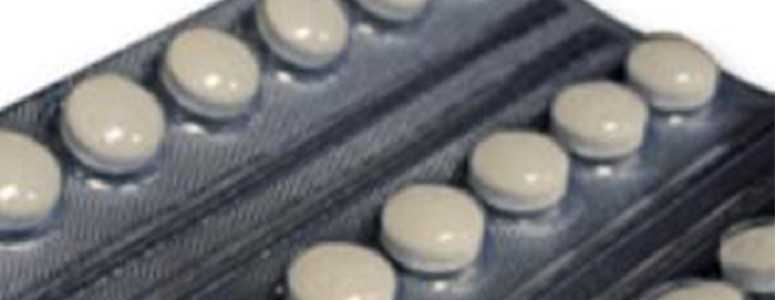Mobile health technology helps to reduce HbA1c levels in people with poorly controlled type 2 diabetes, scientists have discovered.
Adults living with the condition who used an intervention app for six months decreased their HbA1c levels by 1.5%.
Individuals who underwent the standard care treatments saw their levels cut by just 0.8%.
Researchers from Gather Health LLC, a technology company based in India, analysed data from 90 adults across India with poorly controlled type 2 diabetes.
They then randomly assigned adults to either a mobile health intervention programme or usual care procedures for six months.
The app, which they designed, supports self-management between medical appointments and help adults keep on top of their condition.
Lead researcher, Nora Kleinma, said: “In this study, participants assigned to the Gather Health system had greater [HbA1c] reductions than those assigned to usual care.
“This tool could be an effective way to expand access to quality chronic disease care and improve outcomes across India.”
The researchers noted a previous study involving a text messaging intervention among adults with type 2 diabetes in India.
They said the other study did not show a decrease in HbA1c levels but claimed their engaging mobile format may have changed the behaviour of users.
“To our knowledge, there are no studies of smartphone-based [mobile] health interventions for diabetes in India, let alone one of this rigour,” said the study authors.
“However, as younger and/or wealthier individuals typically use smartphones, these results may not generalise to the wider Indian population.”
The study appears in Diabetes Care.
You can improve your blood sugar levels through the free Diabetes PA app, which is free to download. It is also one of the only diabetes management apps where you can track your blood glucose levels in comparison to your mood.
What's new on the forum? ⭐️
Get our free newsletters
Stay up to date with the latest news, research and breakthroughs.







